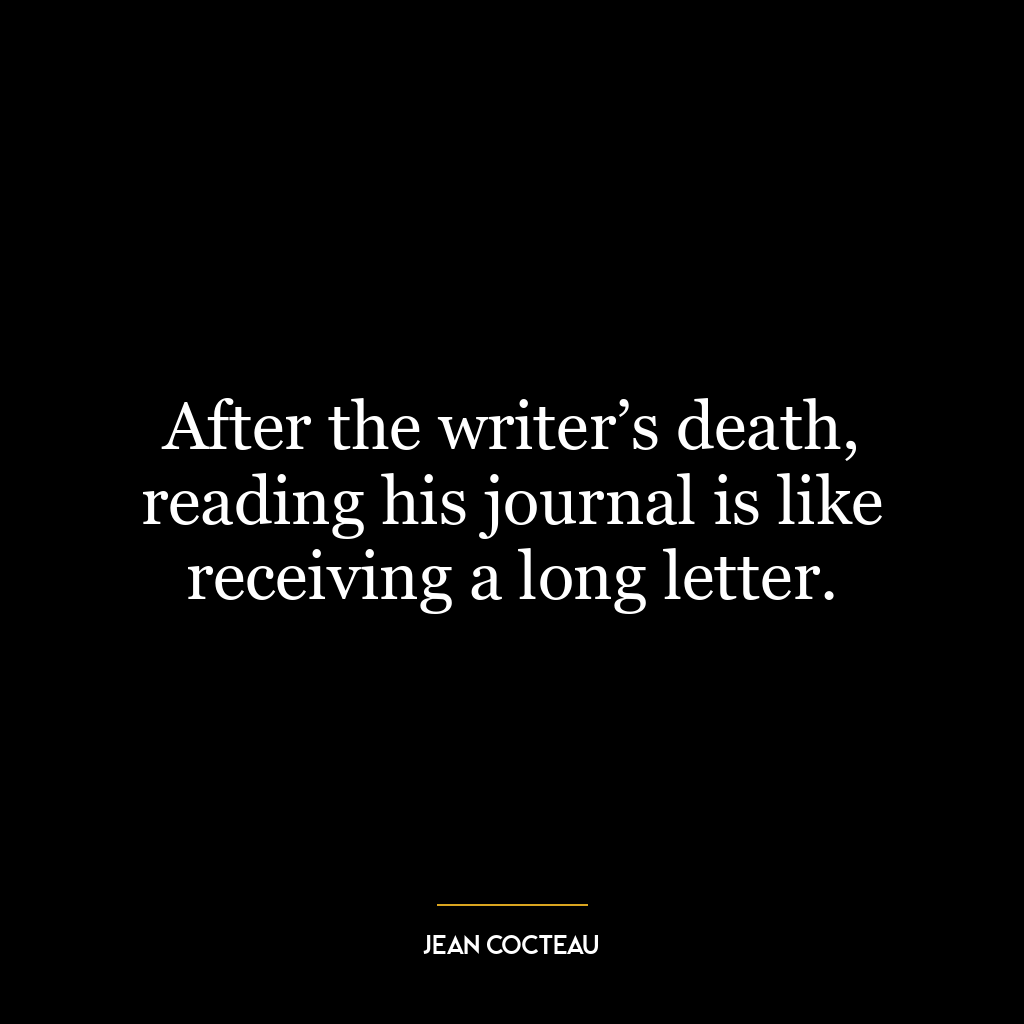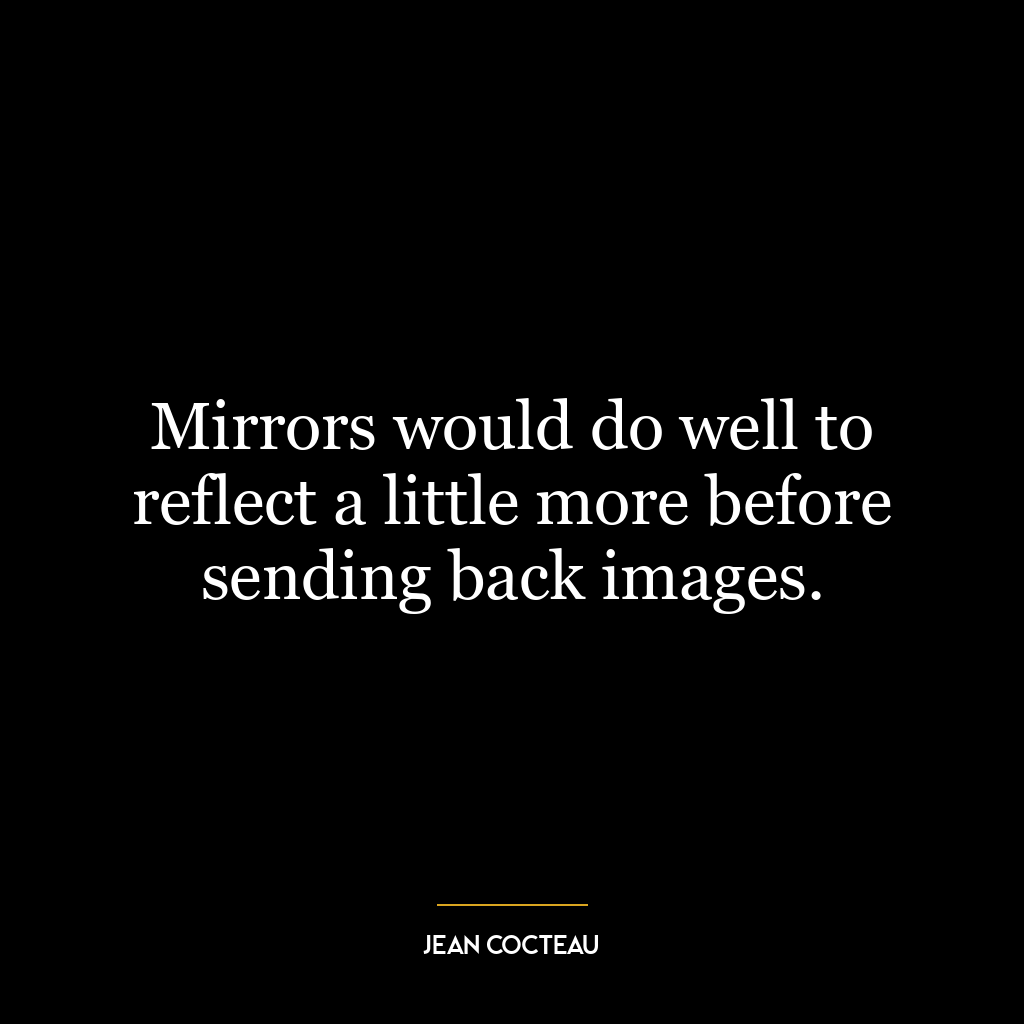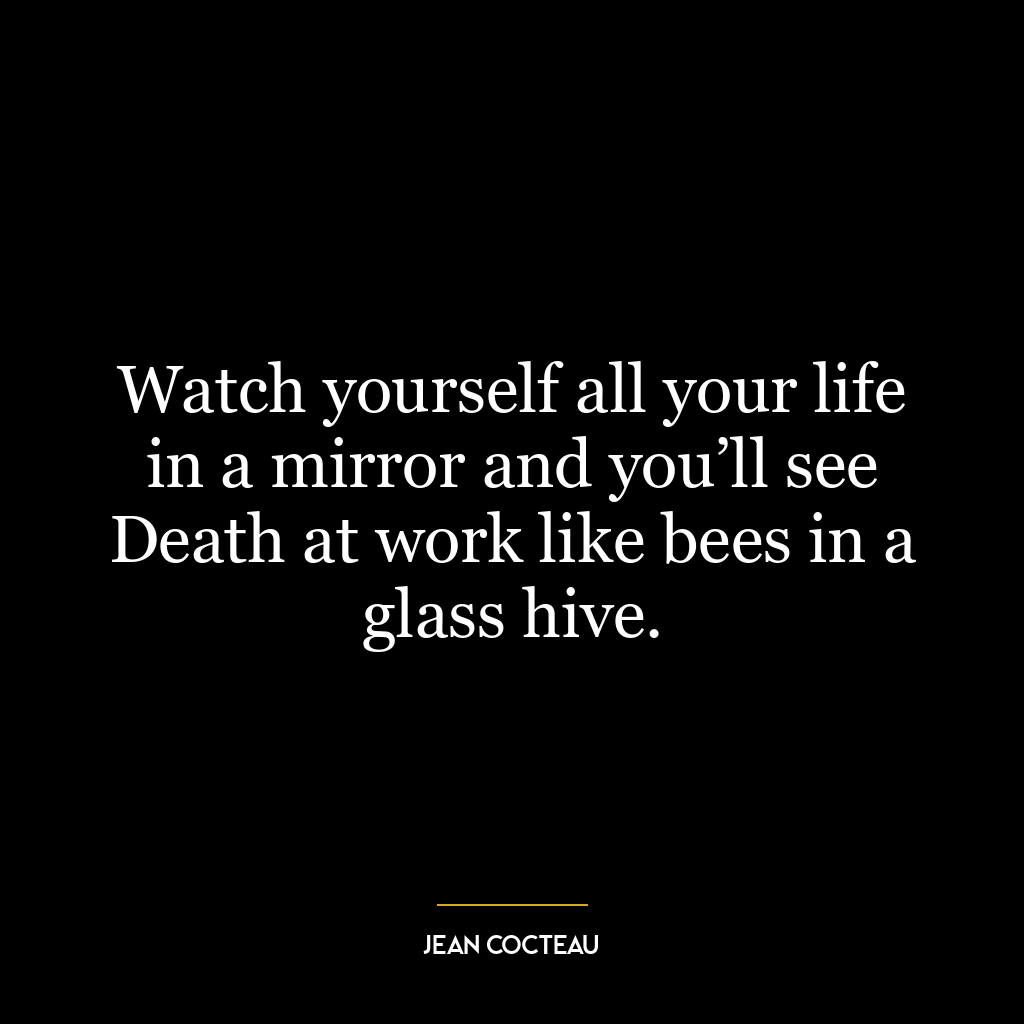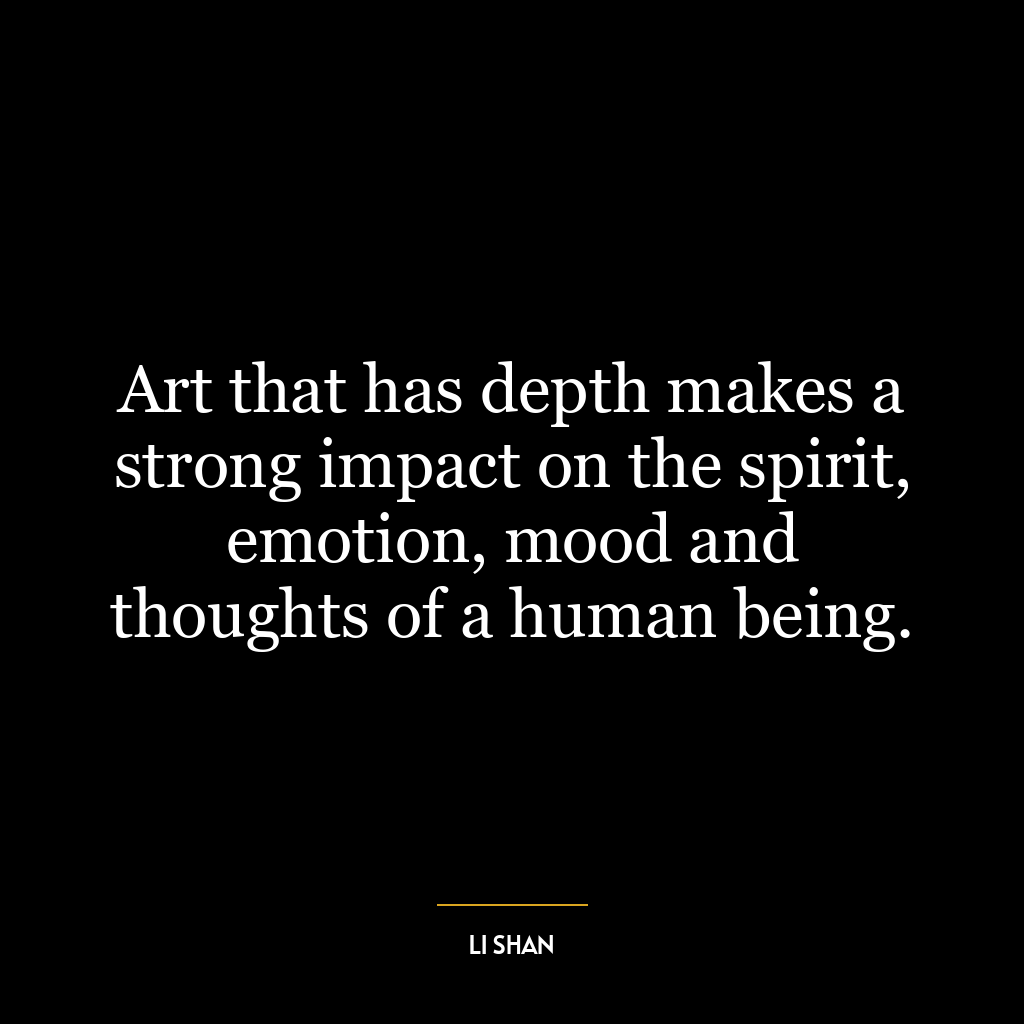The writing begins when you’ve finished. Only then do you know what you’re trying to say.
The quote, “The writing begins when you’ve finished. Only then do you know what you’re trying to say,” is a profound reflection on the creative process. It suggests that the true essence of writing or any creative endeavor is not just about the act of putting words on paper or creating a physical piece. It’s about the process of discovery, understanding, and clarity that comes after the initial creation.
The phrase “The writing begins when you’ve finished” implies that the real work of writing starts after the initial draft is done. Once you’ve put down your thoughts, you can then start the process of refining, editing, and honing your message. It’s during this process that the true meaning of your work becomes clear.
The second part of the quote, “Only then do you know what you’re trying to say,” further emphasizes this point. It suggests that it’s only after we’ve completed the initial act of creation that we truly understand what we were trying to express. This understanding often comes from the process of revisiting, revising, and reflecting on our work.
In today’s fast-paced world where instant gratification is often sought, this quote reminds us of the value of patience, reflection, and revision. Whether it’s writing an article, creating a piece of art, developing a business plan, or even understanding our own feelings and thoughts, the first draft or the initial output is just the beginning. The real work starts when we revisit what we’ve done, reflect on it, and refine it.
In terms of personal development, this quote can be seen as a metaphor for life. We often don’t understand the significance of our actions or experiences until they’re in the past. It’s only when we reflect on our past that we gain clarity about our journey and our growth. This reflection allows us to better understand ourselves, learn from our experiences, and make more informed decisions in the future. Thus, the process of “finishing” and then beginning again can be seen as a cycle of continuous growth and self-improvement.








